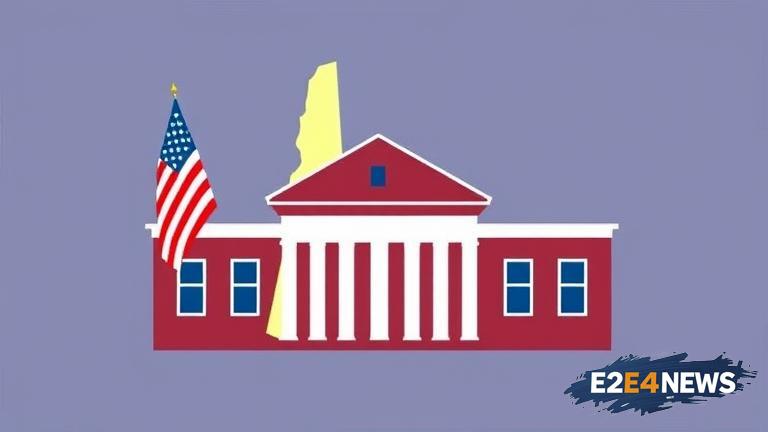The New Hampshire Right to Know ombudsman office, which was established to help citizens navigate the state’s public records laws and resolve disputes with government agencies, has been left vacant due to state budget cuts. The office was created in 2007 to provide an independent and impartial review of public records requests and to help ensure that government agencies are complying with the state’s Right to Know law. However, due to budget constraints, the office has been without a director since January 2022. This has raised concerns among transparency advocates and citizens who rely on the office to help them access public information. Without a director, the office is unable to fulfill its mission of providing guidance and support to citizens and government agencies. The vacancy has also led to a backlog of unresolved cases, leaving many citizens without access to the information they need. The state budget cuts that led to the vacancy were part of a larger effort to reduce spending and balance the state’s budget. However, critics argue that the cuts have come at the expense of important programs and services, including the Right to Know ombudsman office. The office’s vacancy has also sparked concerns about government transparency and accountability, as citizens may be less likely to request public records or report wrongdoing without the support and guidance of the ombudsman office. Furthermore, the vacancy has highlighted the need for greater funding and support for transparency and accountability initiatives in the state. In response to the vacancy, some lawmakers have proposed legislation to restore funding to the office and ensure its continued operation. However, the outcome of these efforts is uncertain, and the future of the Right to Know ombudsman office remains unclear. The vacancy has also raised questions about the state’s commitment to transparency and accountability, and whether the government is truly dedicated to providing citizens with access to public information. Additionally, the office’s vacancy has had a disproportionate impact on certain communities, including low-income and marginalized groups, who may rely more heavily on the office for support and guidance. The state’s budget cuts have also had a broader impact on the state’s transparency and accountability landscape, with many agencies and programs facing reduced funding and support. As a result, citizens and transparency advocates are calling for greater investment in these initiatives and for the state to prioritize transparency and accountability in its budgeting decisions. The situation has also sparked a wider debate about the importance of transparency and accountability in government, and the need for independent oversight and review mechanisms to ensure that government agencies are acting in the public interest. Ultimately, the vacancy of the Right to Know ombudsman office has significant implications for the state’s transparency and accountability landscape, and highlights the need for greater funding and support for these initiatives.




